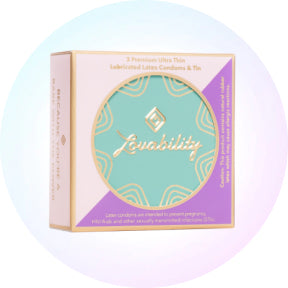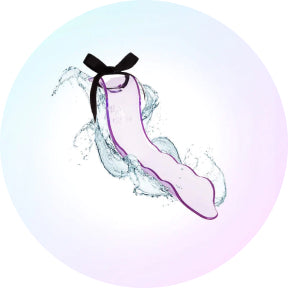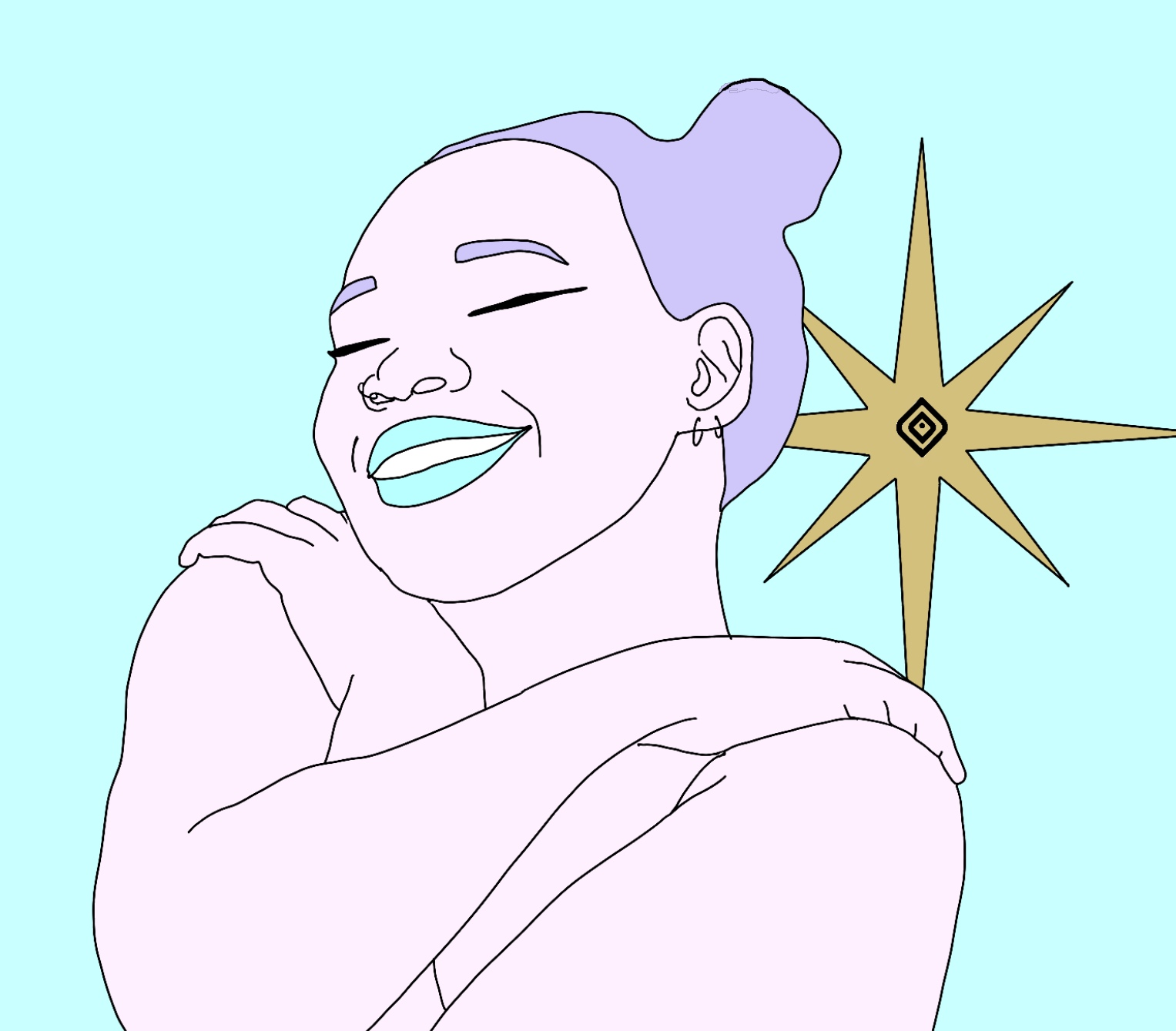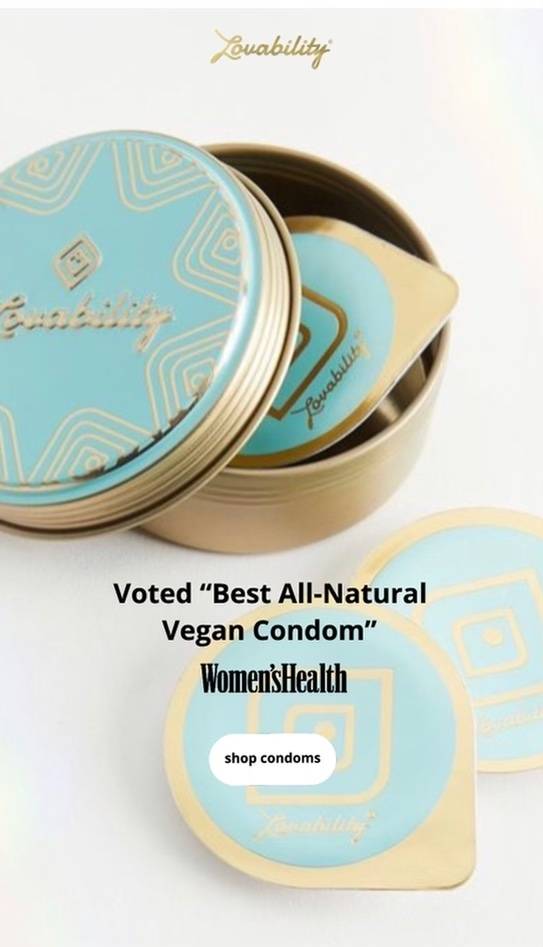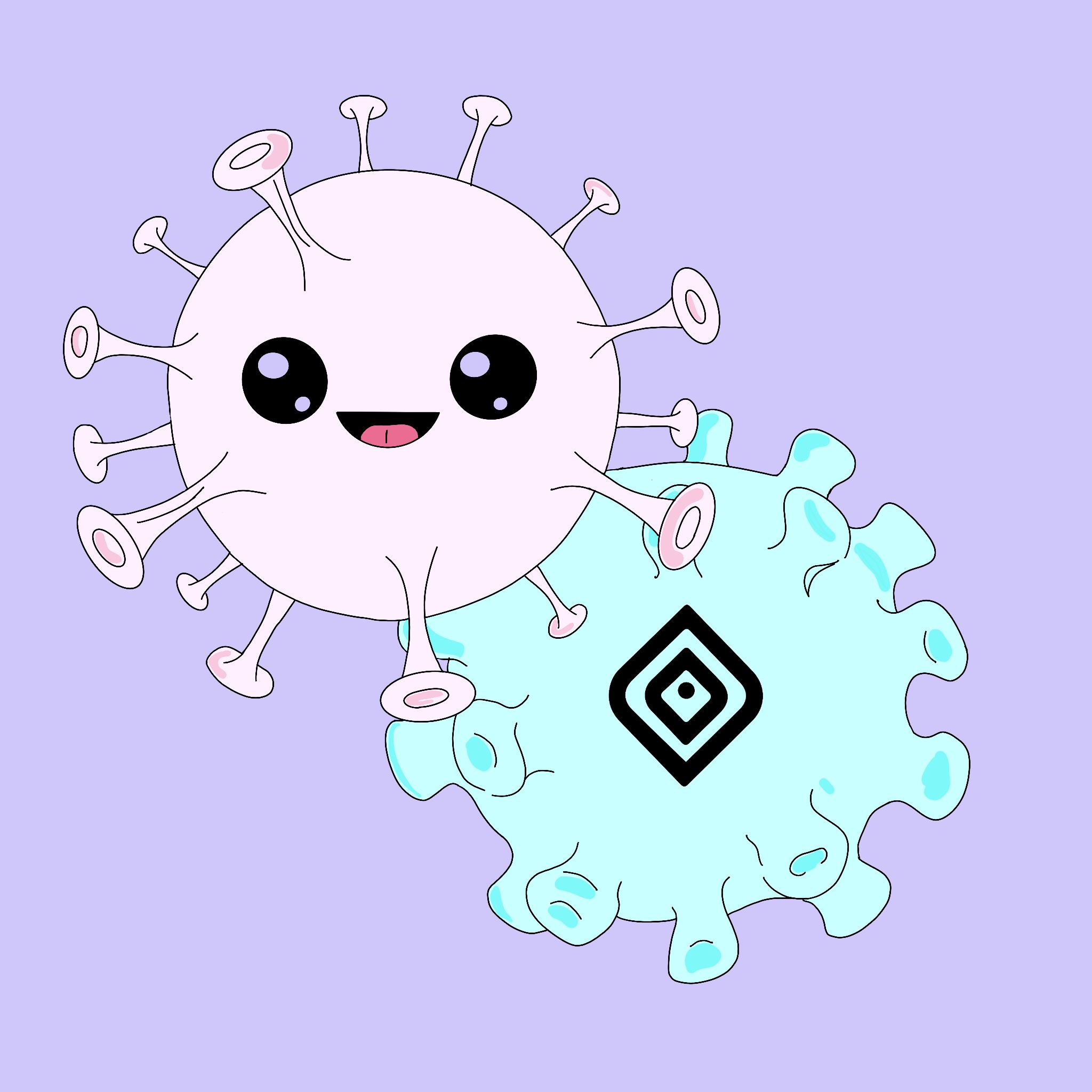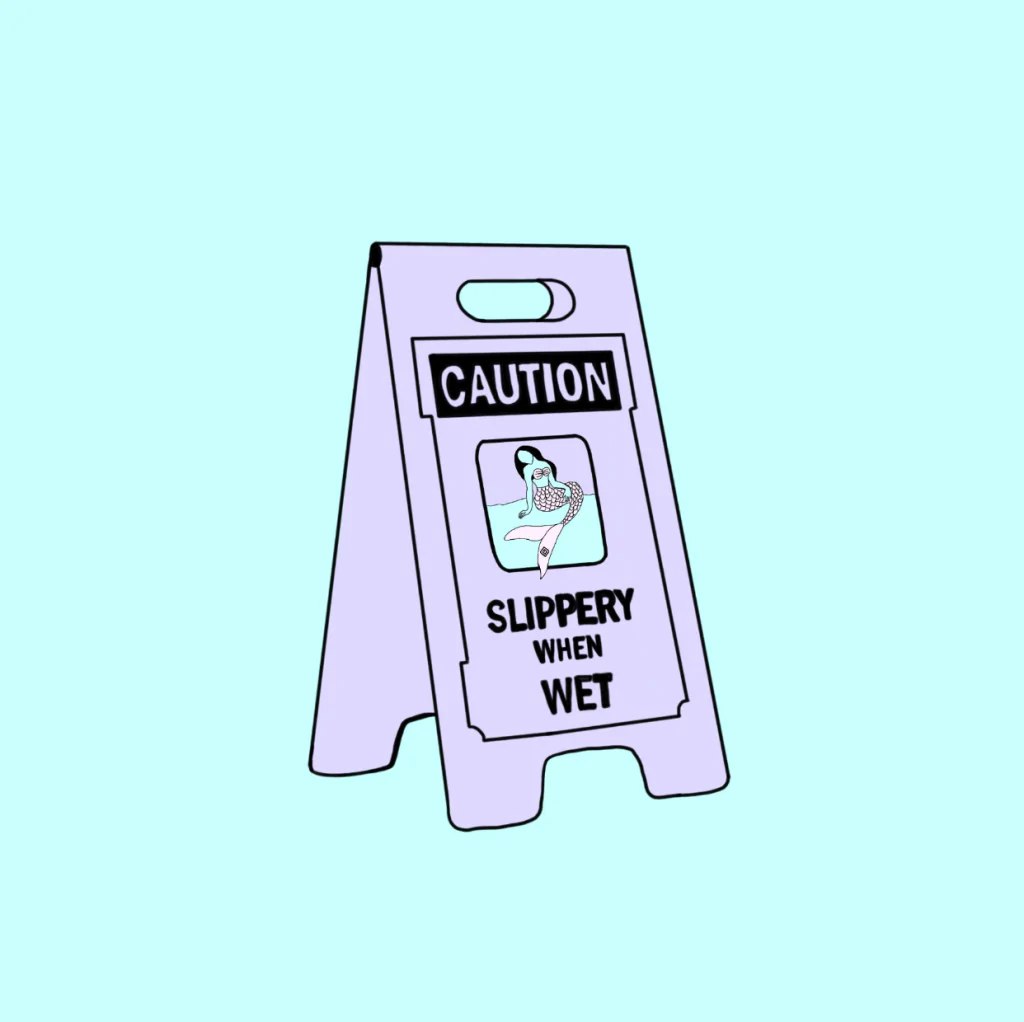I knew what a boner was by the time I reached seventh grade. But the mystery of female lubrication remained just that, and I spent many, many years being more disgusted than intrigued by my body's natural response to Harrison Ford gracing my television screen.

Let's set the record straight: getting wet is as normal and healthy as getting an erection. And yet, wetness is not nearly discussed with the same level of social acceptance. There's some weird kind of shame around it that prevents women from truly getting to know the inner workings of their vulvas and feeling empowered AF in the bedroom.
Between the hush-hush attitude and the pressure to turn it on like a slip 'n slide whenever your partner is ready to go, it's no wonder so many of us are confused about what getting wet really means. Let's dispel some of the most common myths around natural lubrication (or lack thereof) so you can embrace the fact that your body is doing exactly what it's supposed to.
What Is Natural Vaginal Lubrication?
Vaginas are a lot like cakes—you want them to be a little moist.

Natural lubrication is fluid produced by two pea-sized glands that stand guard at the entrance of your vagina called the Bartholin glands. The job of the Bartholins is to reduce friction and protect your delicate genitals from any injuries or tearing. It also plays a role in keeping things downstairs nice and clean and makes intercourse less painful (yay!) and more fun (double yay!).
This clear, slippery fluid is just a simple combination of mucus, bacteria, and skin cells, but it packs a punch in the comfort department. When your vagina is Sahara-Desert-Level dry, you learn how quickly your favorite bedroom position can become your worst nightmare.
What Getting Wet Does (And Doesn’t) Mean
Despite what that annoying kid your high school may have teased, getting wet doesn't always equal horny. You could be experiencing vaginal fluid for a few reasons:
You're ovulating: Women tend to experience an uptick in vaginal lubrication during their ovulatory phase as our bodies create an easier path for sperm to travel.
You've just watched a spicy scene: Even if you're not horny, simply viewing, reading, or talking about sexual scenarios can trigger your body's natural arousal response.
You started a new birth control: Some new forms of hormonal contraceptives can affect your natural lubrication.
You have BV: Bacterial vaginosis can sometimes cause wetness as your vagina attempts to remove the bacteria from your vaginal canal.
You're stressed: Yep, stress causes you to sweat more—even in your vagina.
Why Can't I Get Wet?
Our patriarchal culture loves to not-so-subtly imply that women should have no problem getting wet and that if you do, something's wrong. And that something is you.

There are a million and one (okay, maybe not that many) things that influence how easy or difficult it may be for you to get wet.
“We seem to always equate lack of lubrication and dryness to being postmenopausal, which will still deem as old!” says Dr. Shieva Ghofrany, Lovability’s medical advisor. “When in reality there are countless other reasons why women can’t always get self-lubricated.”
So no babe, it isn't you. Let us count all the ways your vagina may be a little parched:
Birth Control: If you're taking a low-dose BC, you may notice more dryness thanks to the lack of estrogen these contraceptives contain.
Medication: Antihistamines, sedatives, beta-blockers, and even some cold medicines can all potentially cause vaginal dryness.
Lack of Foreplay: Everyone is different, but a lot of us need a little easing in to our sexy time before penetration. If you think this could be you, please advocate for yourself and your needs in the bedroom.
Stress: When we're going through a tough time, switching off our brains can feel impossible—even during sex.
Yeast Infections: These terrible little mood-killers actually disrupt the balance of your vagina, which makes sex very uncomfy.
Post-Ovulation: In the days post-ovulation (also called your luteal phase), your body actually produces less mucus, which leads to dryness. That's why this is a great time to bust out your favorite lube.
Perimenopause & Menopause: These inevitable hormonal changes cause your estrogen to take a nosedive. And since estrogen is responsible for keeping your vaginal fluid nice and healthy, it makes sense that things are a little dry during this shift.
Breastfeeding: On that same note, breastfeeding also lowers your estrogen. So don't feel like there's something wrong with you if you're not ready to hop back in the sack after you've birthed a human.
Being Unaroused: For whatever reason, you're just not into it. And that's totally your right.
What To Do If You Can't Get Get
Feel like your natural juices went MIA? No worries. You don't need to get wet to have good sex. If you're feeling a little on the dry side—and you can't link the reason to any of the medical explanations above—the most empowering thing to do is to prioritize your own arousal.

Maybe you read a spicy book before heading out on your date. Or you put on a pair of lacy panties and dance around your kitchen. You could even draw yourself a warm bath and enjoy a little alone time with your WaterSlyde to rev up your engine.
And when you do make it to the bedroom, don't be afraid to explore the wonderful world of lube. It's the golden knight, the savior, the hero in the red cape to any and all vaginal dryness. Even if you do produce some natural fluid yourself, lube can up the ante and make sex that much better.
But not all lubes are created equal. Some ingredients in the lube tubes that grace your grocery store shelves can irritate your vagina and even cause infections. That's why our Hallelubeyah Organic Aloe is made with organic aloe. It not only keeps chemicals out of your lady parts, but it also mimics your body's natural lubrication in the best way possible.
Getting wet doesn't have to be such a mystery. With a little self-investigation (and a little lube), you'll have all the juice you need.
About The Author
Emily Blackwood is a freelance journalist committed to answering the plaguing question of what makes us truly happy. Turns out, it's a lot. Her work has been published in SELF, HuffPost, and YourTango. You can learn more here.
___________________________________________________
Medical Disclaimer: The information provided here is intended for educational and informative purposes only and is not intended to serve as medical or professional advice. If you have any concerns or questions about your health, you should always consult with a physician or other health-care professional.


